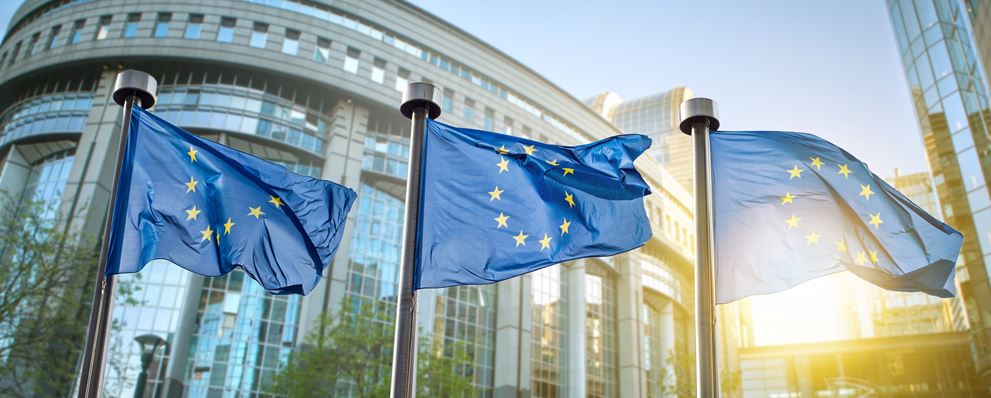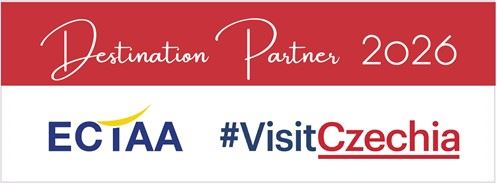Latest news
11/02/26 The Future of Indirect Distribution Takes Centre Stage
The European travel industry gathers in the heart of Europe to assess the state of travel distribution, the most impactful developments and what the future will hold.
ECTAA is holding its Travel Distribution Summit 2026 from 10-11 February in Brussels. It is the third of a series of ECTAA Travel Summits following “Payment” in 2024 and “Protection” in 2025.
The ECTAA Travel Distribution Summit gathers over 150 leaders from across the wider travel ecosystem including travel intermediaries, tour operators and suppliers, as well as technology, payment and insurance providers to discuss the current state of travel distribution as well its evolution in an increasingly technology driven and regulated marketplace.

ECTAA, The umbrella organisation of the national Travel Agents’ and Tour Operators’ associations within the EU, and WEX, a leading financial technology service provider specializing in virtual card and travel payment solutions, have entered into a strategic two-year partnership. The collaboration aims to strengthen the digital maturity of the European travel sector by promoting secure, efficient, and compliant payment technologies adapted to a multi-channel and cross-border market environment.
19/01/2026 ECTAA and CzechTourism announce strategic partnership with Prague meeting in May
ECTAA,and CzechTourism, the national tourism authority of Czechia, have agreed to strengthen their cooperation through a strategic partnership. This collaboration will culminate in ECTAA's general meeting in Prague in May 2026, an important milestone that underscores the growing significance of Czechia as a destination for both leisure and business tourism.








